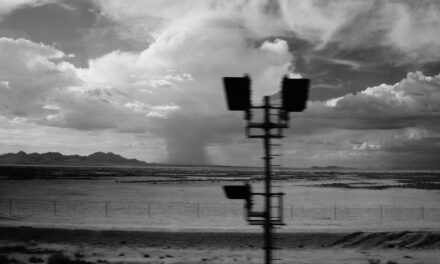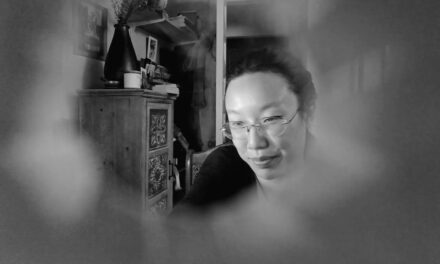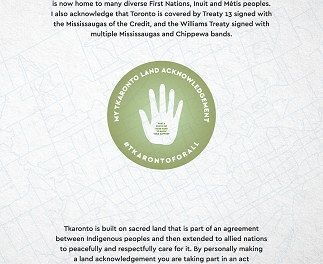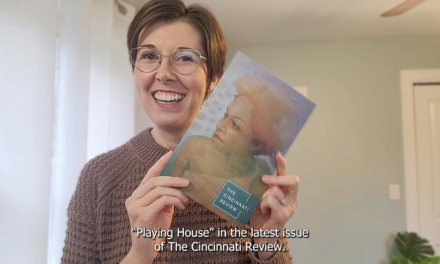More from our contributors on their work in our current issue—volume 8, number 1. We’re struck by how these three poets approach dailiness. Through lavish contemplation of common objects, events, or experiences, they enliven and enrich what often falls under our radar.
Chad Sweeney: I’ve written a series of poems with place names for titles in which the narrator personifies some aspect of that place, including Istanbul, Michigan, Bolivia, Chicago, New Mexico, Oklahoma, Paris, California. The poem “Los Angeles” imagines a poet (or someone who once thought of himself as a poet) caught in commuter traffic on the way to his commercial job in Los Angeles. I haven’t seen much poetry written in this landscape, the commuter’s highway, yet it is the daily reality for so many people living in the outer rings of urban sprawl. I think one of poetry’s challenges is to claim the “unpoetic” for its materials: elevator, shopping mall, office space, fax machine, and parking lot. I wrote the poem while living in Michigan, yet ironically I’ll be navigating that freeway sprawl east of Los Angeles when I begin teaching at Cal State, San Bernardino, in the fall of 2011.
Cindy Beebe: During a poetry workshop I attended a few years ago, I was privileged to hear B. H. Fairchild speak of “the too-muchness of the world” and how it must be given voice. I couldn’t agree more. Always, and everywhere, especially in mundane places, I find there is something a bit “too much” to ignore, some fact or aspect that endears, or surprises, or in some way begs my attention—for example, the time my father pulled me aside and declared that my aunt had a naked man in her garage. I knew immediately that a poem, which eventually became “My Aunt Has a Naked Man in Her Garage,” was coming.
Don Russ: I’ve come to think that anything looked at closely enough becomes everything—or at least begins to reveal kinship with everything—in my world. Both “Girl with Gerbil” and “Reunion” grew out of autobiographical material I’d earlier recorded in notebooks. When at some point I sat down to think and to try to make them into a poem, each episode eventually began to breathe my deepest preoccupations: childhood and identity, relationships, questions about the very nature of reality and its relationship to human perception and creativity. To some degree they both became poems about art, about poetry itself.










